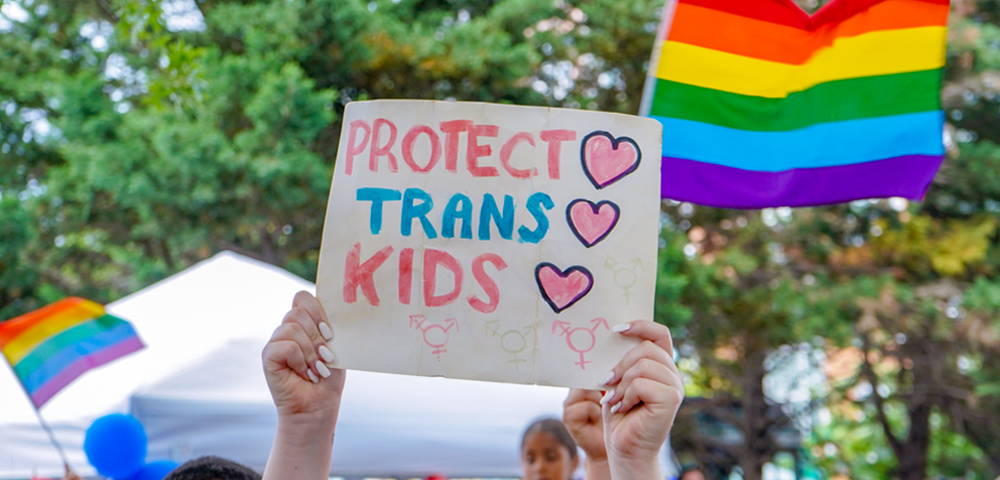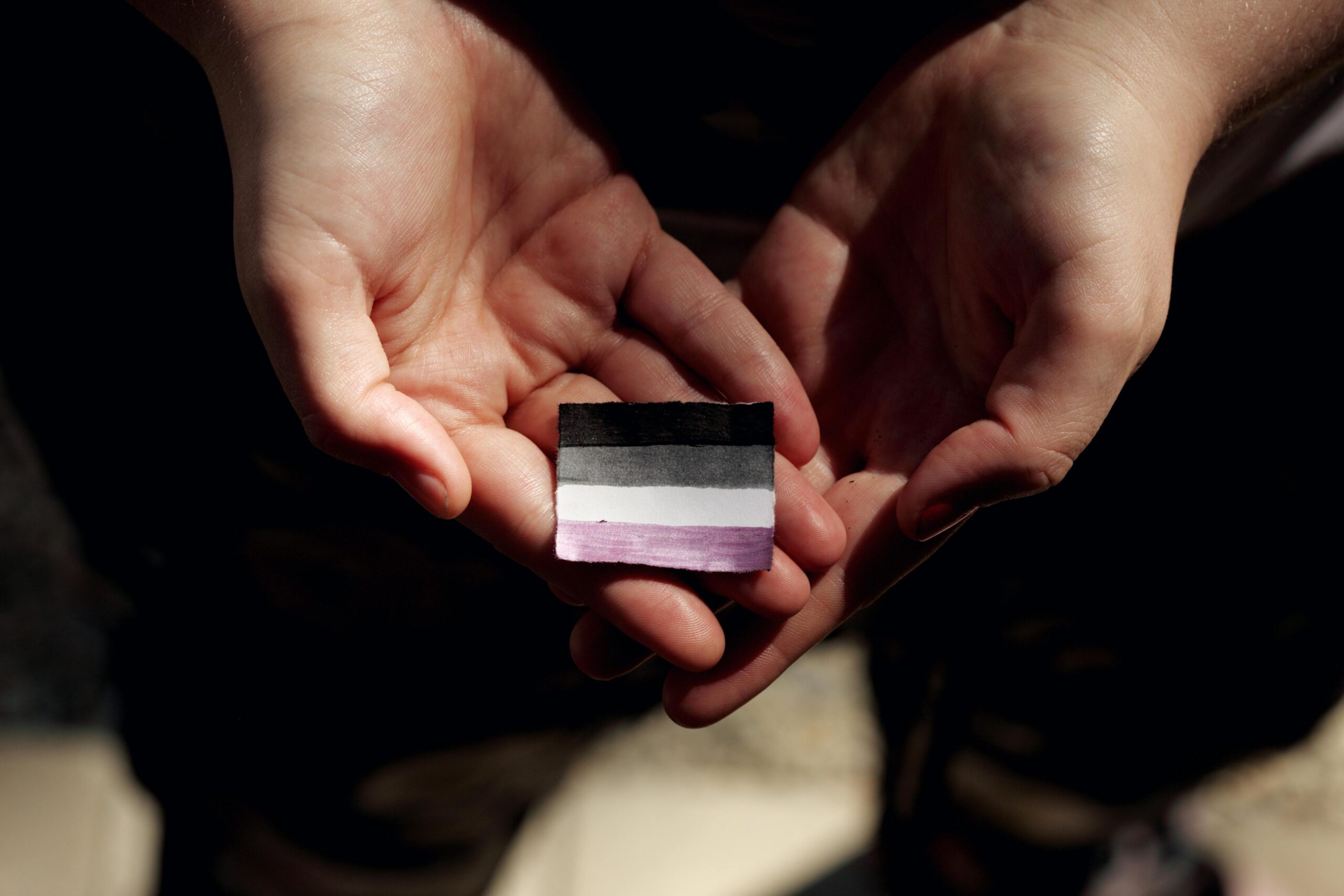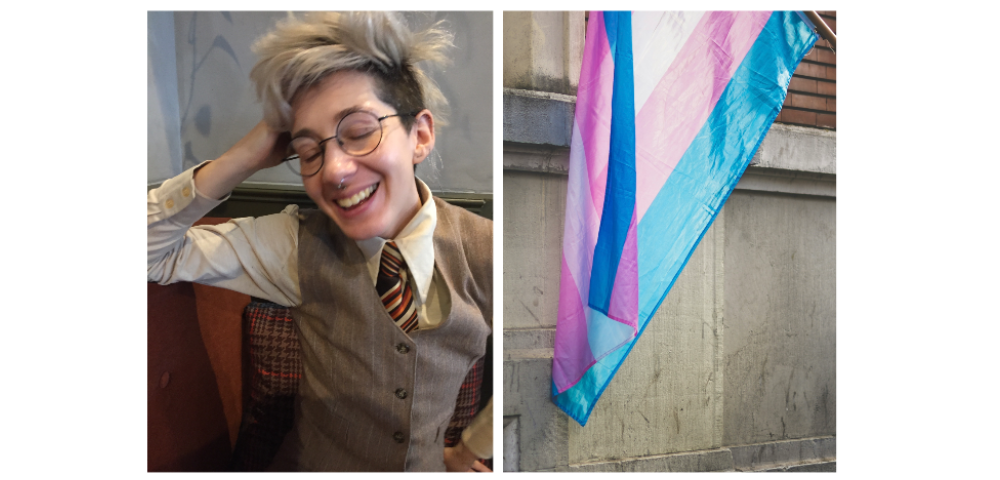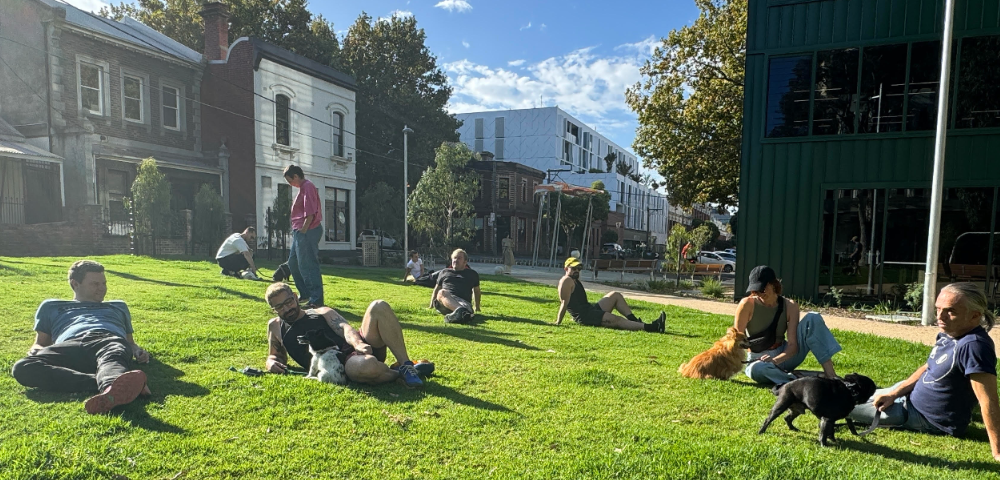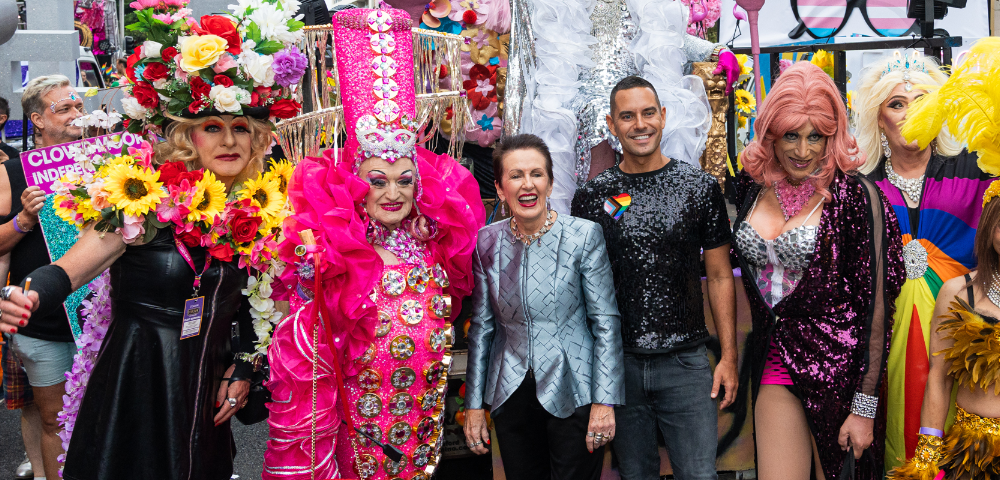
Does it matter?
We are living in an era of many civil rights and much equality, where discrimination on the basis of race is generally not accepted.
Talk of multiculturalism, racial and ethnic diversity, as well as racial discrimination policy seems to indicate that race is no longer an issue. No one should be subjected to racist comments, racial stereotypes, racist taunts, racist attacks.
Does race still matter?
Unfortunately, it does. Race and racism are daily realities for members of racial minority groups. Racism can manifest in various ways and not just through blatant forms. Racial ideologies that privilege white remain strong, resulting in racial minorities being put in the margin.
It may not be intentional, however, the elimination of racial diversity from the mainstream LGBTIQ culture may contribute to the normalisation of whiteness. Anglo LGBTIQ, and their presumed physical and emotional attributes, become the norm.
Ethnic LGBTIQ, on the other hand, are either not represented, or only portrayed based on standardised racial stereotypes that highlight their ‘differences’ from the normative ‘white’. This could heighten the sentiment of alienation commonly experienced by ethnic minorities.
This may have a damaging effect on ethnic LGBTs’ overall wellbeing, specifically on ethnic gay men. Similar to many gay men who struggle to accept their sexuality due to the persistence of negative views on homosexuality, the persistence of racism can make ethnic gay men question their ethnicity.
Some may opt to embrace whiteness to feel included as part of the majority. Others may feel alienated as they become aware that some gay white men either sexually reject them on the basis of race, or fantasise about them based on racial stereotypes.
Feeling rejected, unwanted and stereotyped could put these ethnic men in a vulnerable situation. After continuously being rejected on the basis of race, they may feel unable to negotiate safe sex with their sexual partners, fearing it would result in further rejection. This could result in some ethnic gay men engaging in unprotected anal intercourse, which increases the risk of HIV and STI transmission.
Even though most of these men are aware of the importance of safe sex, the longing to feel attractive and accepted, and avoiding rejection, can influence their decision to practice unprotected anal sex.
Instead of educating ethnic gay men on the importance of safe sex alone, we also need to discuss the persistence of racial ideologies that result in racial marginalisation and sexual discrimination on the basis of race.
We need to continue the dialogue to ensure that talking about race is not the sole responsibility of ethnic LGBTIQ. This is because both ethnic and non-ethnic LGBTIQ are affected by the persistence of whiteness in our community and the wider society.
By BUDI SUDARTO




